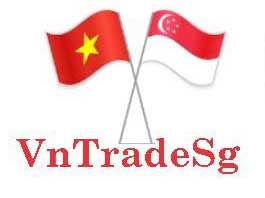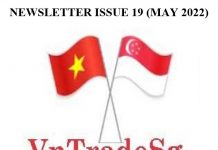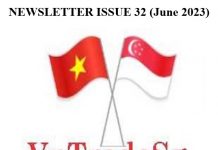Foreign financiers anticipate that Vietnam is likely to control inflation at 4% this year. (Illustrative image)
Major foreign financial institutions such as IMF, ADB, and AMRO have made different forecasts on Vietnamese inflation this year, although they all anticipate the figure to hover around 4%.
The Asian Development Bank (ADB), in its Asian Development Outlook (ADO) for July, lowered its economic growth forecast for developing countries in the Asia-Pacific region down to 4.6% this year, which is 0.6% lower compared to its forecast in April.
For Vietnam, the bank kept its growth forecast unchanged at 6.5% for this year and 6.7% for next year, as published in its April ADO report.
It moved to raise its inflation projection for the region to 4.2% compared to 3.7% in its previous report, amid higher food and fuel prices. However, according to details given by the bank, regional inflationary pressure remains lower than in other parts of the world.
The bank also reported that rising global commodity prices, especially oil prices, would bring to bear inflationary pressure on Vietnam.
Despite these challenges, the sufficient food supply in place would contribute to reducing inflation, with the Asian financial institution therefore maintaining its inflation forecast at 3.8% for Vietnam this year and 4.0% for next year.
Meanwhile, the International Monetary Fund (IMF) projected that Vietnamese GDP growth would expand by 6%, with its inflation rising to 3.9% this year.
According to the financier, despite the recent rising inflationary pressure caused by rising commodity prices coupled with supply chain disruptions, inflation remains quite low in comparison to the Government’s target.
The country’s economic activities have yet to fully recover, whilst relatively stable food sources and good price control can be viewed as the primary reasons behind its projection, said the IMF.
In the context of high global inflation, the consumer price index (CPI) in Vietnam increased quite slowly. On average, the initial six months of the year saw its CPI inch up by 2.44% compared to the same period from last year, while its core inflation rose by 1.25%.
Despite this low figure, the IMF recommended that Vietnam implement a flexible and cautious monetary policy to guard against inflation risks.
Another foreign bank, the Hong Kong and Shanghai Banking Corporation (HSBC) in its July update “Vietnam At A Glance”, raised its growth forecast for the country to 6.9% from its previous 6.6%.
The bank predicted that inflation would stand at roughly 3.5% this year, although it may surpass the ceiling of 4% from the fourth quarter of the year to the second quarter of next year, requiring the State Bank to start normalising the monetary policy.
Vietnam has benefited from reopening its economy, whilst domestic demand has returned and external drivers remain favourable. However, it is still necessary to stay alert to increasing growth risks, especially the ones posed by surging energy prices.
A recently-published report by the ASEAN+3 Macroeconomic Research Office (AMRO) lowered its growth forecast for Vietnam this year to 6.3% from 6.5% in its April report. This also represents the second highest forecast in Southeast Asia, behind only the Philippines.
Regarding inflation, the AMRO forecast that the country will maintain inflation at 3.5% for this year, the fourth lowest in the region, and at 3.3% for next year.
















